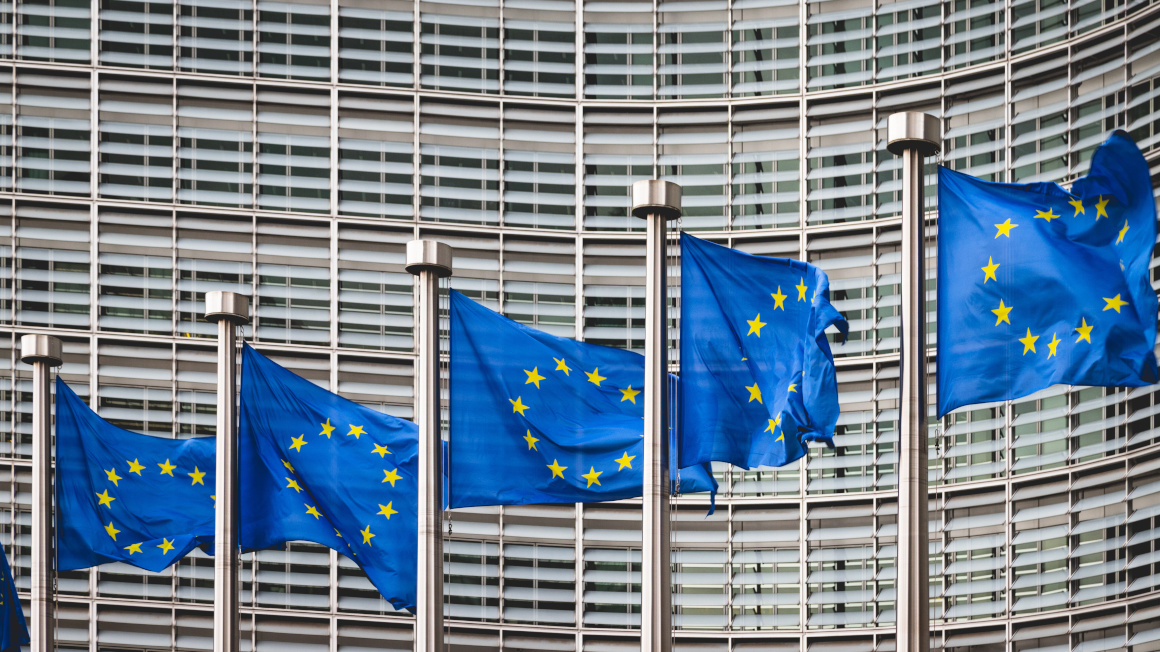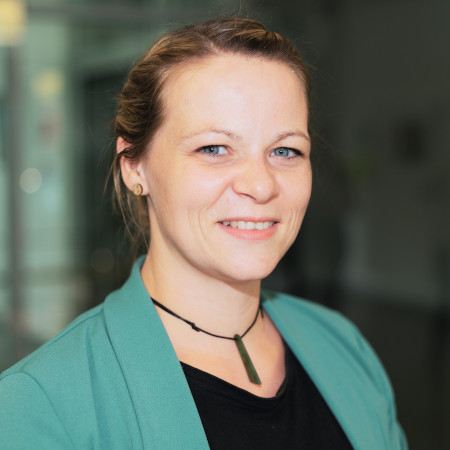G20 Science Academies: Communiqué for a sustainable economy
In the run-up to the meeting of the G20 countries in Brazil in September, the G20 science academies, including Lepoldina, defined measures for achieving the UN Sustainable Development Goals - also for the bioeconomy.

With the 2030 Agenda, the international community defined 17 Sustainable Development Goals (SDGs) in 2015. These formulate measures that are to be implemented as part of national strategies. Innovations from research and development play an important role here. In the run-up to the summit of the 20 most important industrialized and emerging countries (G20), which will take place on November 18 and 19, 2024 in Rio de Janeiro/Brazil, the G20 science academies (Science20) have published a joint statement. In the communiqué with the title "Science for Global Transformation", concrete measures are formulated for a total of five areas to support the achievement of the UN Sustainable Development Goals - including the bioeconomy.
The bioeconomy can contribute to eleven of the 17 SDGs. "The bioeconomy has the potential to reconcile economic growth and environmental protection," says the statement. In it, the science academies state that "investment in research and infrastructure for a sustainable bioeconomy, as well as international cooperation and the integration of local knowledge" can help to overcome the global challenges of climate change, biodiversity loss, poverty and health.
"Basic research and scientific innovation can promote sustainable and resilient societies. International cooperation is particularly crucial for global challenges such as dealing with climate change or AI," says Gerald Haug, President of the German National Academy of Sciences Leopoldina.
Three measures for the bioeconomy
A cornerstone of the bioeconomy is the sustainable use of biological resources such as residual and waste materials for the production of new bio-based products such as food and animal feed, chemicals, pharmaceuticals and cosmetics. In order for the bioeconomy to make its contribution to the UN Sustainable Development Goals, the science academies believe that there is still a lot to be done. Specifically, the panel recommends three measures:
- Investing in research and infrastructure: Supporting cutting-edge research to achieve technological breakthroughs and promote innovation in biogenic feedstocks, bioenergy and other materials from biomass, forests, plants and microorganisms from the biodiversity of different biomes.
- Addressing social equity: promoting sustainable and inclusive bioeconomic models that enable community-driven innovation, protect and integrate traditional knowledge and culture, and focus on the use of local biological resources to promote regional economic growth.
- Establishing robust international and multilateral cooperation: G20 countries should reach consensus on the role of bioeconomy as one of the strategies to combat climate change, biodiversity loss, poverty and human and non-human health. Formulating a common policy framework that enables countries to implement bioeconomy programs, invest in social and technological innovation, share critical knowledge, improve quality of life and protect natural resources
In addition to measures for the bioeconomy, the statement from the G20 science academies also contains recommendations for the areas of energy systems, artificial intelligence, health and social justice. For example, the "use of biofuels, sustainable hydrogen, energy storage and the establishment of closed-loop recycling processes for materials used in sustainable energy systems" are named as important measures for achieving climate neutrality.
Panel recommends the introduction of a global CO2 price
The panel also advocates the introduction of market-based control instruments such as a global CO2 price. "An affordable and clean energy system remains the basis for sustainable economic activity. This shows that science already offers numerous solution options: through innovations in electricity generation from renewable energies, the development of efficient energy storage systems, but also through technologies for CO2 storage," says Leopoldina President Gerald Haug.
The statement of the G20 science academies titled "Science for Global Transformation" is available for download in German and English on the Leopoldina website:
Recommendations for the use of AI and the One Health approach
The statement also emphasizes the potential of artificial intelligence and points out the need to create an "international framework". Recommendations on health and social justice, such as for a One Health approach that considers human, animal and environmental health together, are also formulated.
The summits of the G20 countries have been advised by the science academies of these countries for years. The statement "Science for Global Transformation" was drawn up under the leadership of the Brazilian Academy of Sciences (Academia Brasileira de Ciências) and officially submitted to the Brazilian G20 presidency on July 30.
bb


